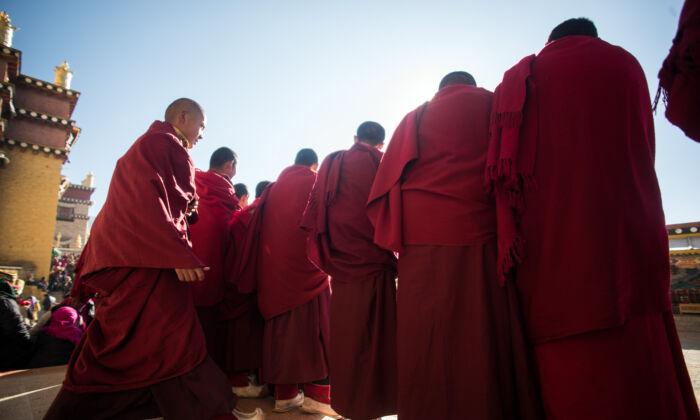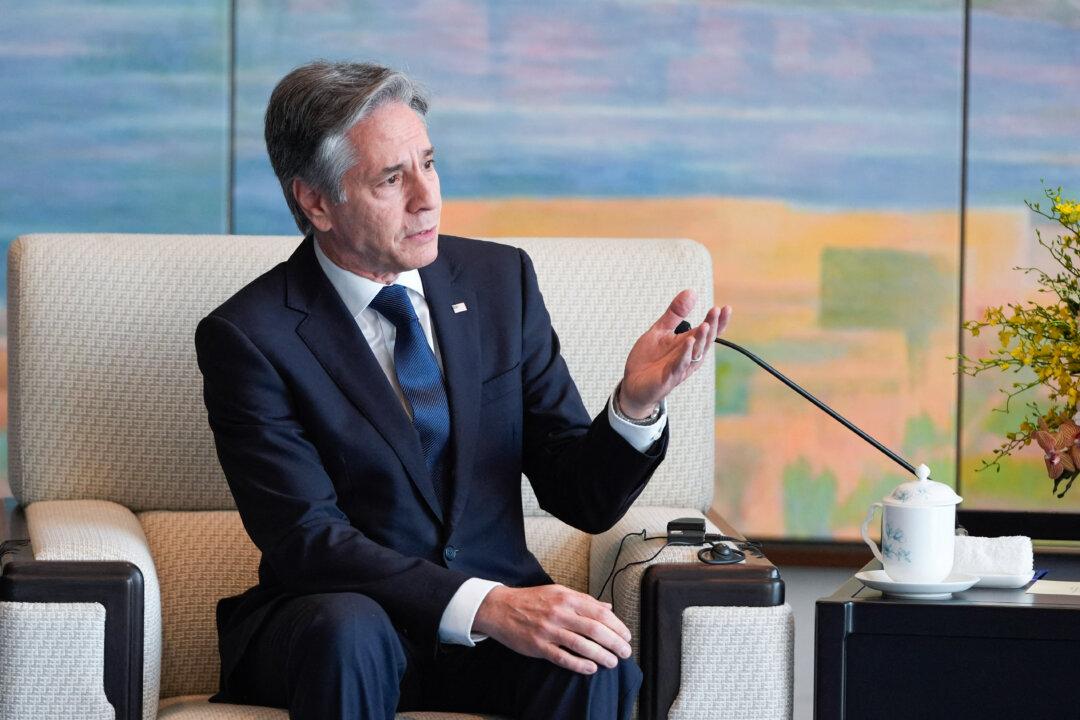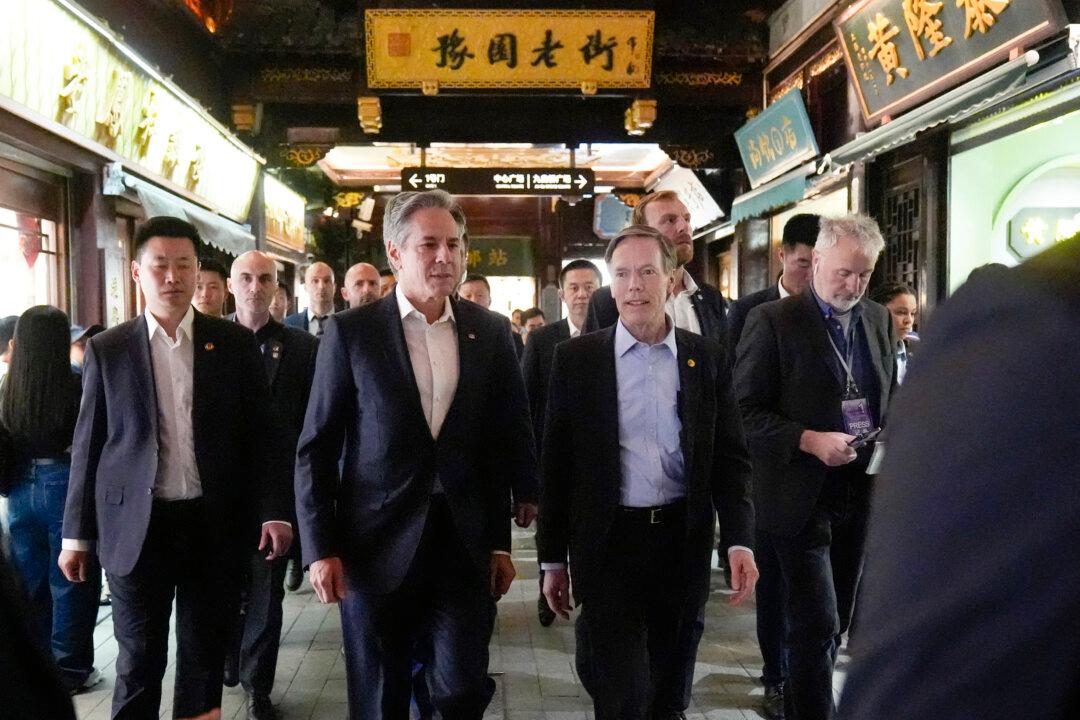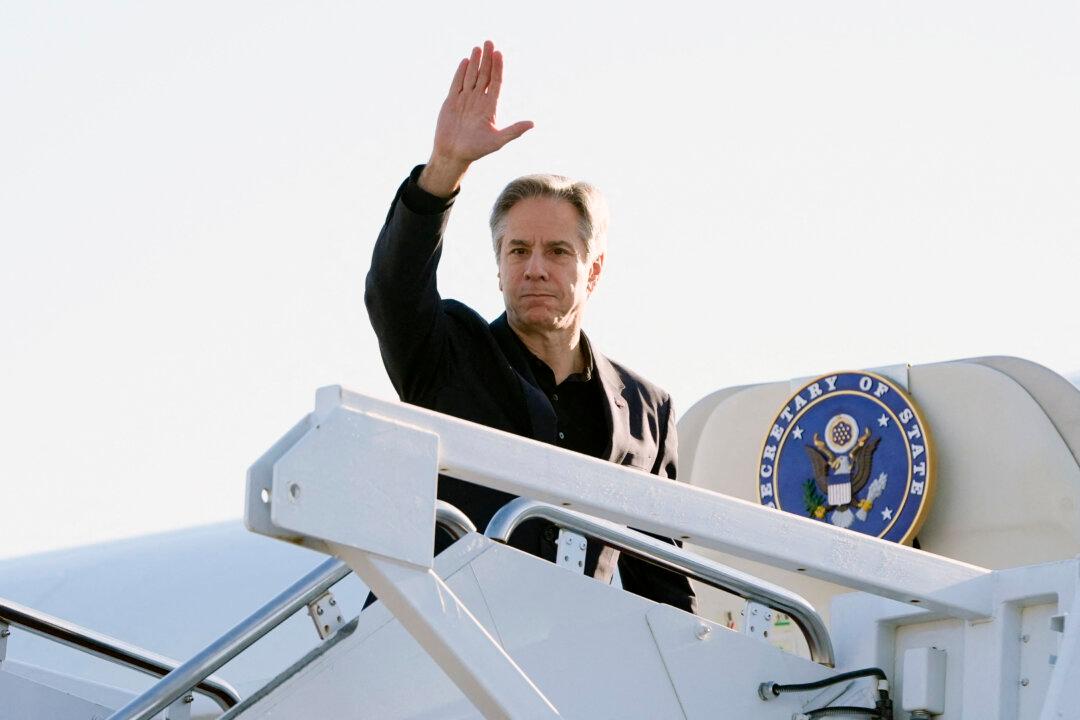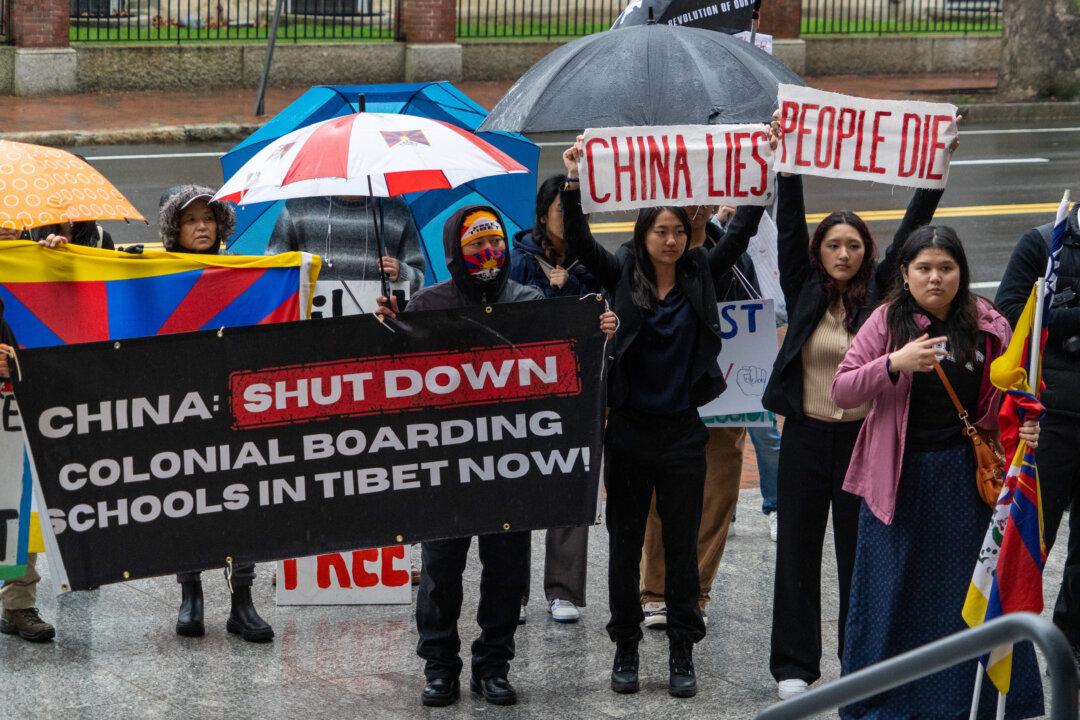The State Department voiced concerns on Jan. 13 over the Chinese regime’s demolition of Buddha statues and other actions against Tibetan Buddhists.
The committee urged the regime to “respect the right of Tibetans to practice their beliefs freely.”
Over the years, the communist regime has been accused of suppressing Tibetan religion and culture.
In the Garzê region of western Sichuan Province, where a significant number of Tibetans live, local authorities reportedly demolished another Buddha statue and a three-story temple that housed it, Radio Free Asia reported on Jan. 10, citing commercial satellite imagery.
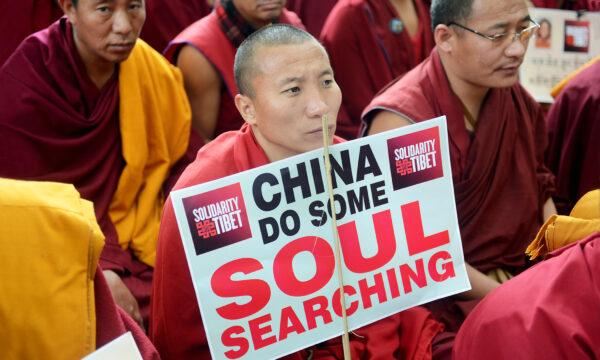
Kelsang Gyaltsen, representative of the exiled government in Taiwan, told The Epoch Times in a previous interview that recent actions taken by the communist regime were parts of the campaign to eradicate Tibetan religion and culture from China.
In Tibet, temples have already replaced photos of Tibetans’ spiritual leader, Dalai Lama, with the portraits of the communist party’s leader.
The 14th Dalai Lama fled to India in 1959, after the regime’s troops opened fire to crush an uprising in the Himalayan region.
